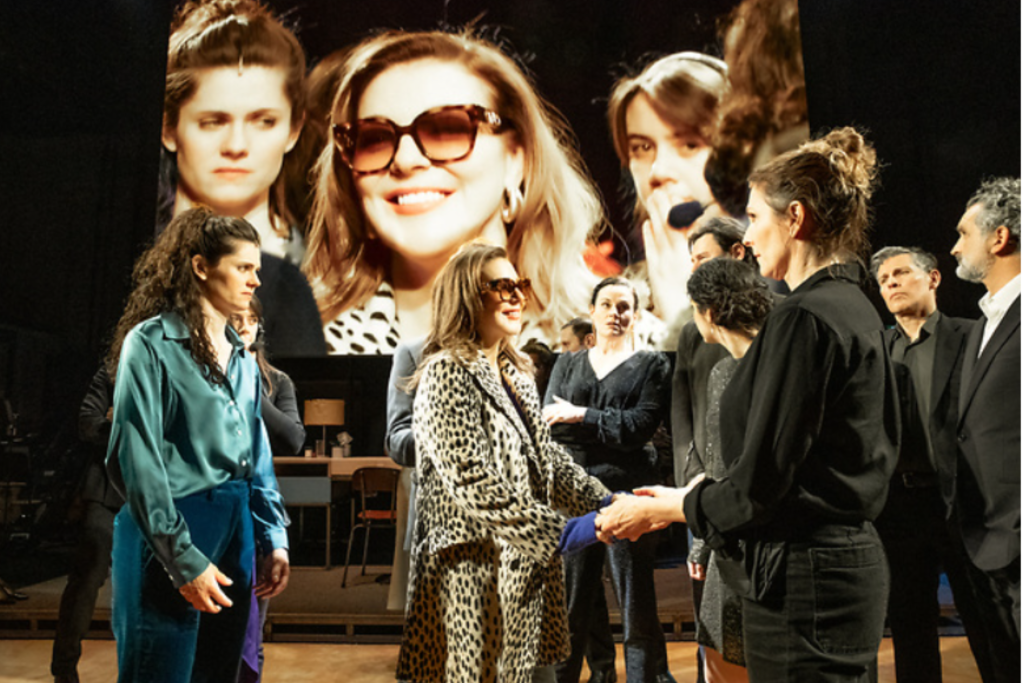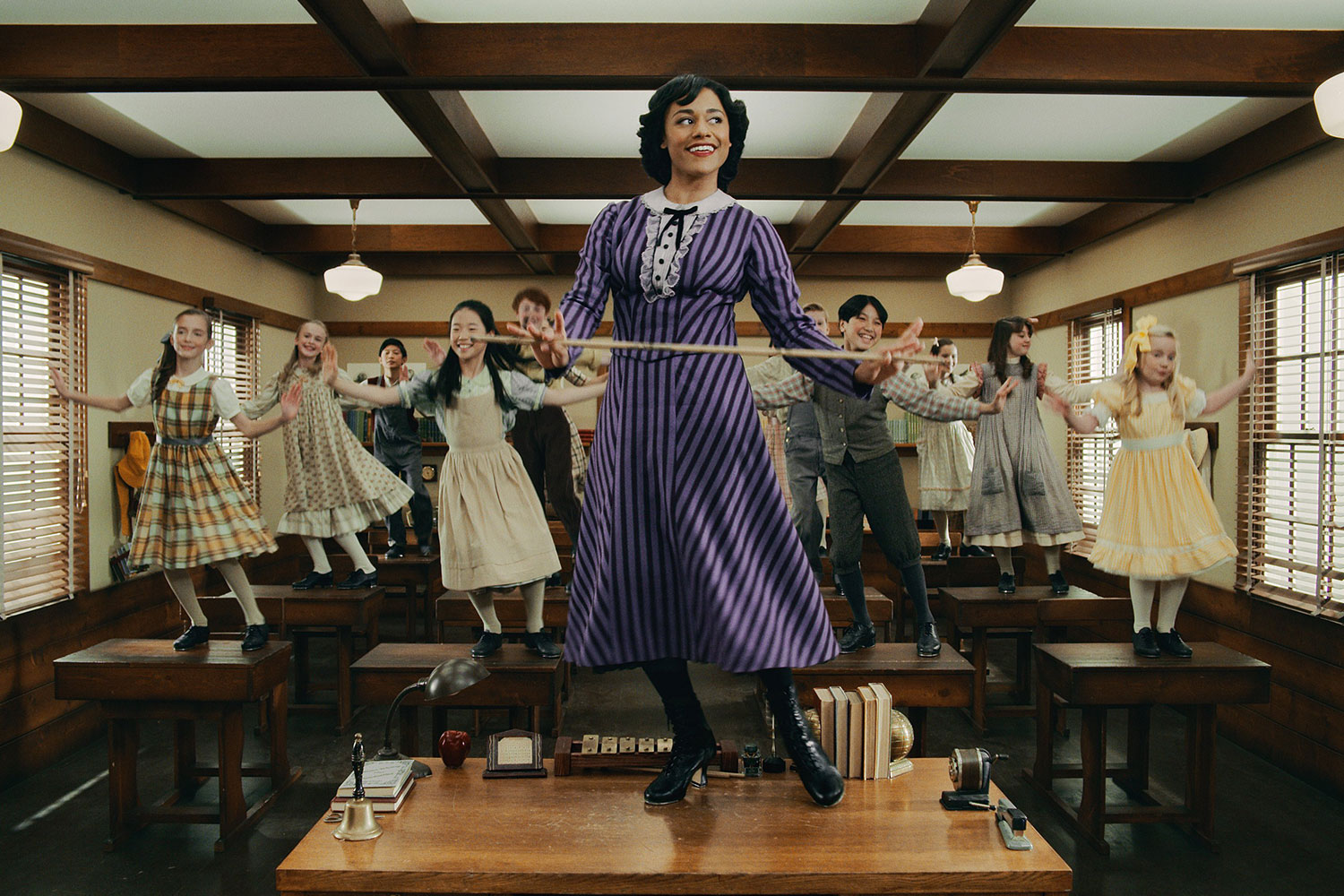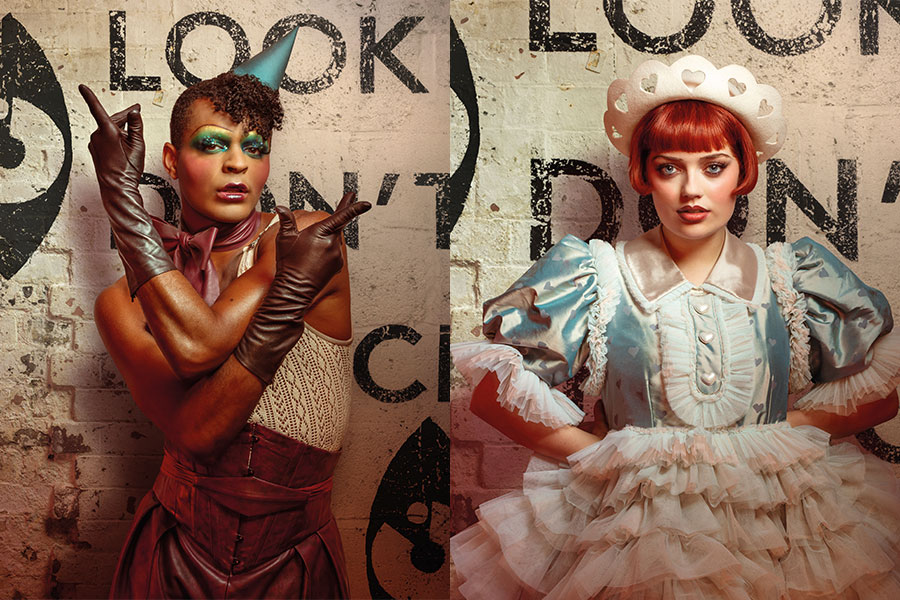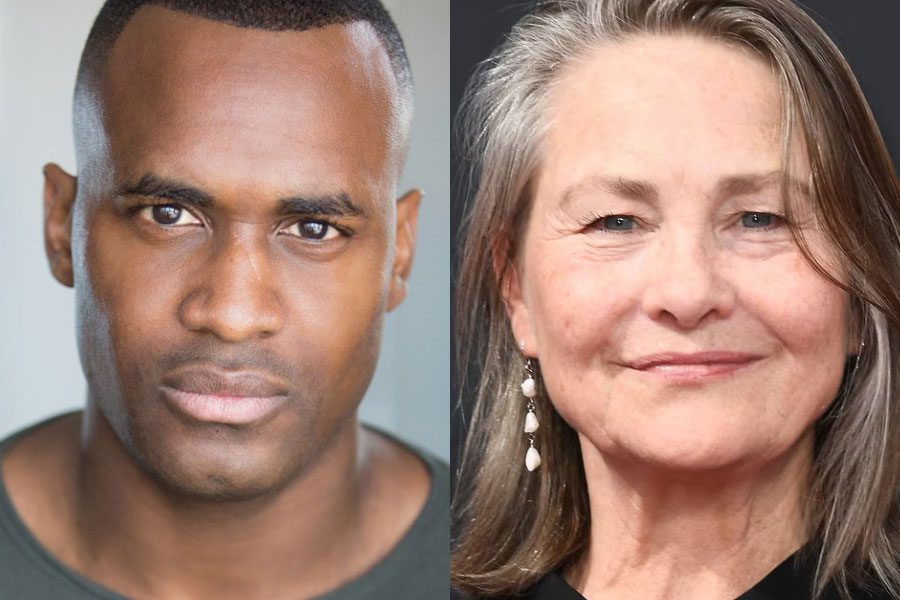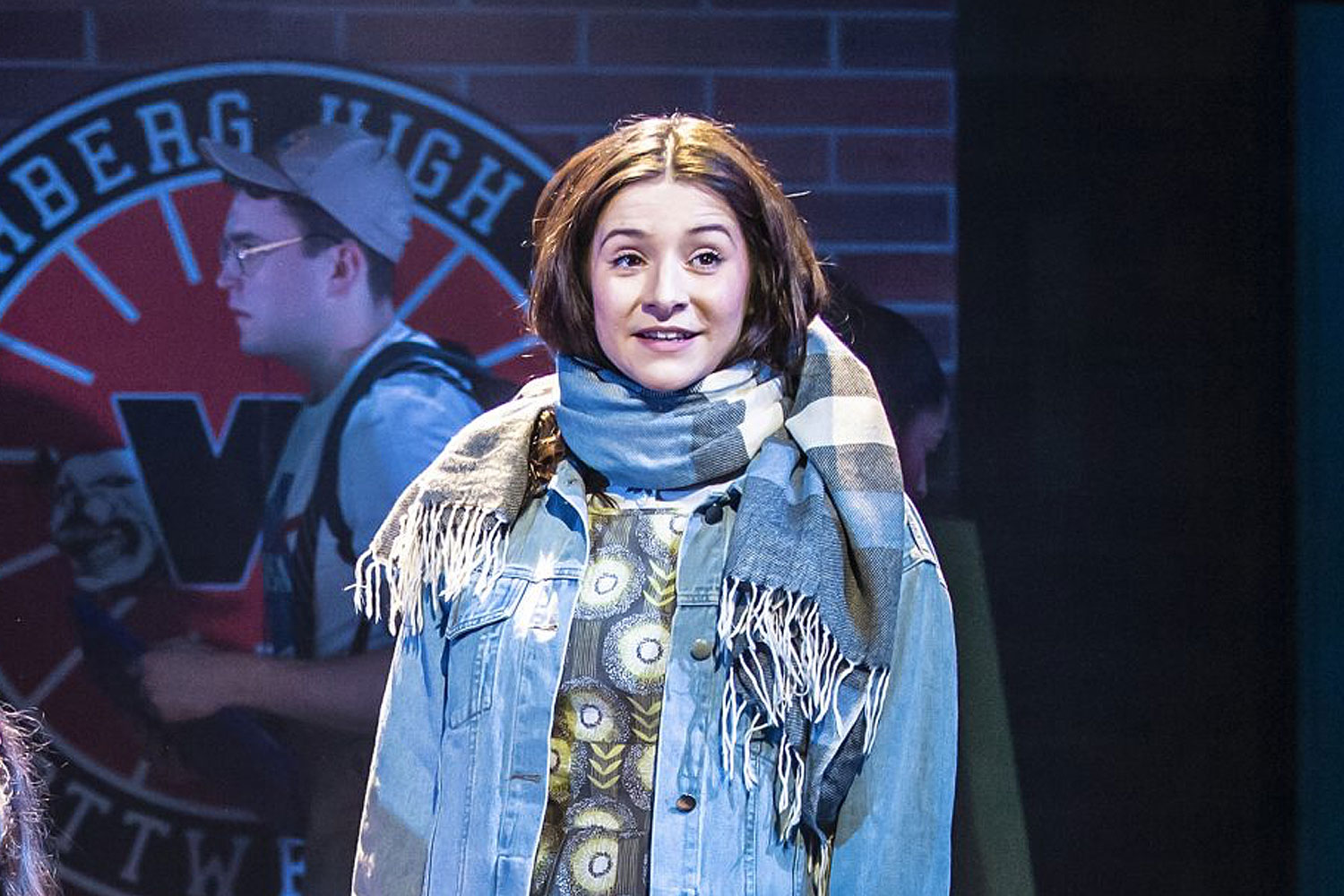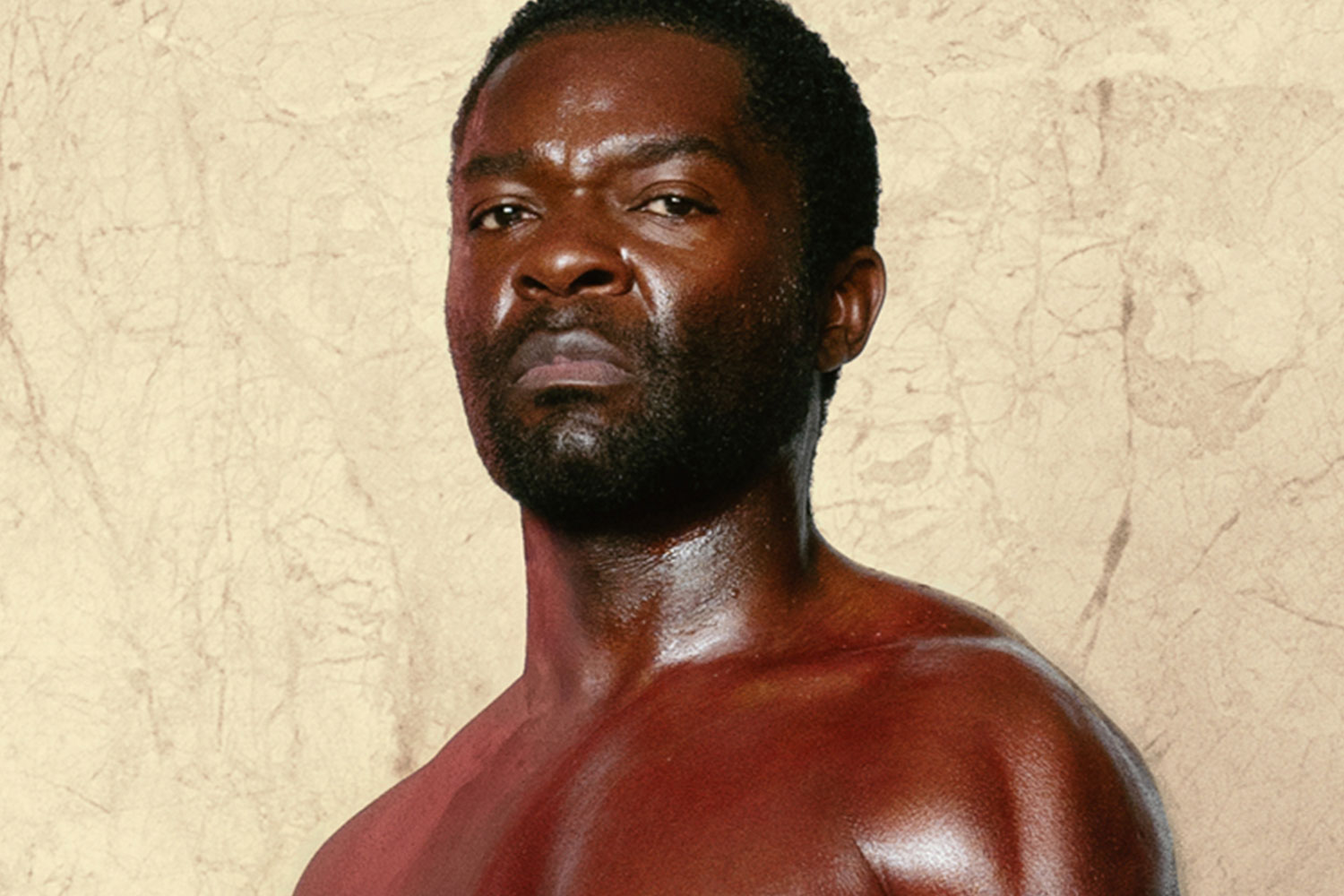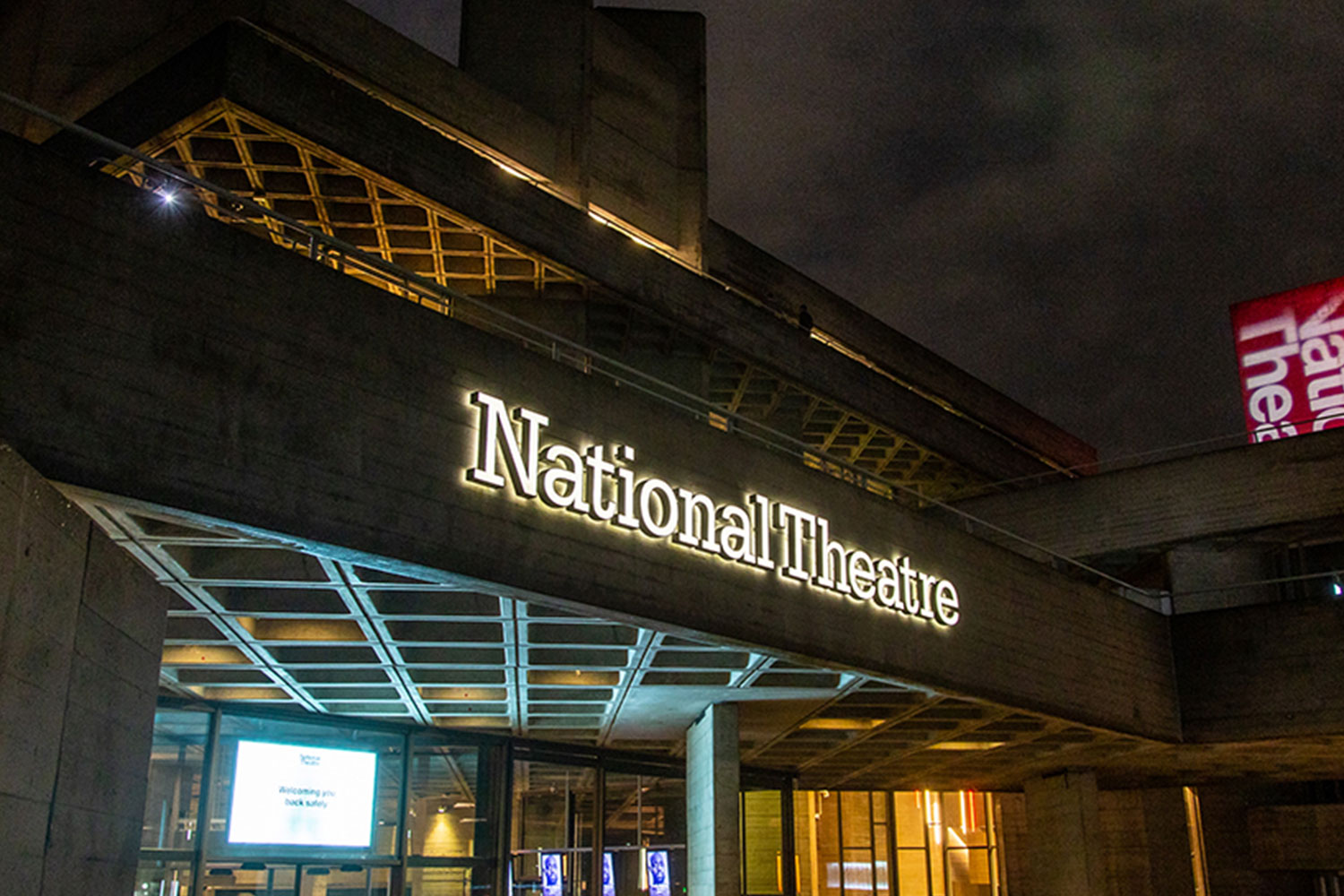Seagull (RSC)
The Seagull on National Tour
An early play, The Seagull occupies the usual Chekhovian landscape of provincial Russian lassitude. In Adrian Noble’s production the prevailing air of ennui is punctuated by bright flashes of passionate emotion. It’s a play about Art and Life, peopled with actresses and writers, its themes ‘new forms’ in the theatre and the challenge of the avant garde. Running throughout, in tragic counter-point to the comedy, is the bleak misery of unrequited love.
Stanislavsky’s direction of this play for the Moscow Arts Theatre in 1898 helped establish a new style of acting and Noble’s production is extremely naturalistic in dramatic style and setting, with precise period costumes and a sound tape of birdsong and animal noises. Madame Arkadina, an actress of the old school, ridicules her son Konstantin’s experimental play, while her lover the successful writer Trigorin steals the affections of Konstantin’s beloved leading lady, Nina.
Richard Pasco as Sorin, Arkadina’s brother, and Richard Johnson as Dorn, the doctor, bring two lifetimes of experience to this production. Rarely since Michael Redgrave’s Vanya and Laurence Olivier’s Astrov in 1963 have I seen acting of such quality in a Chekhov play. It’s worth the ticket money just to see these two superlative performances. But the other players, none of whom is weak, are not quite up to this standard and the result is a lack of balance in the ensemble. Penelope Wilton as Arkadina is good but not great. John Light and Justine Waddell as Konstantin and Nina are two talented young actors of real promise, but the formidably difficult task Chekhov has set them is made even more challenging by this production.
The problem is the way the director interprets the role of Trigorin. Nigel Terry gives a superb performance, once again this is acting of a very high order, but his charm, sincerity and common sense makes the audience admire and sympathise far too much with a character about whom they should have mixed feelings. Compared to this intelligent, rational man of integrity, Konstantin seems merely immature and pretentious. But the play requires a tension between Trigorin and Konstantin with the audience able to empathise with the latter. It’s not Light’s fault that his Konstantin fails to completely win our hearts.
Chekhov takes great care in his dialogue to tell the audience the ages of the characters and this play explores the generation gap. It must be said that here the older generation impresses more than the younger. One feels Noble could have made life a little easier for his young actors; the cards are rather stacked against them. But regardless of this, The Seagull provides a thoroughly enjoyable evening’s theatre, accessible to newcomers to Chekhov and stimulating to aficionados; with the performances of Pasco and Johnson showing precisely how Chekhov should be played.
The Seagull opened at The Swan, Stratford-upon-Avon, 1 February 2000 (previews from 26 January) and continues there in repertory until 24 February 2000; and then at the Theatre Royal Norwich 29 February-4 March; New Victoria Theatre Woking 7-11 March; Milton Keynes Theatre 14-18 March; Theatre Royal Bath 21-25 March; Lyceum Theatre Sheffield 28 March-1 April; Theatre Royal Newcastle 4-8 April, 2000.



